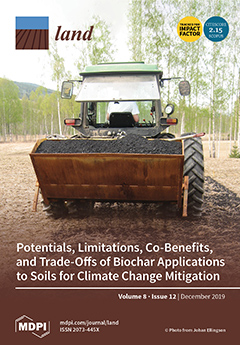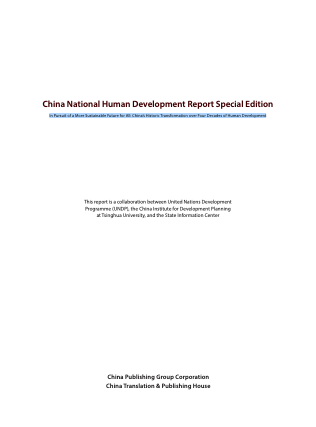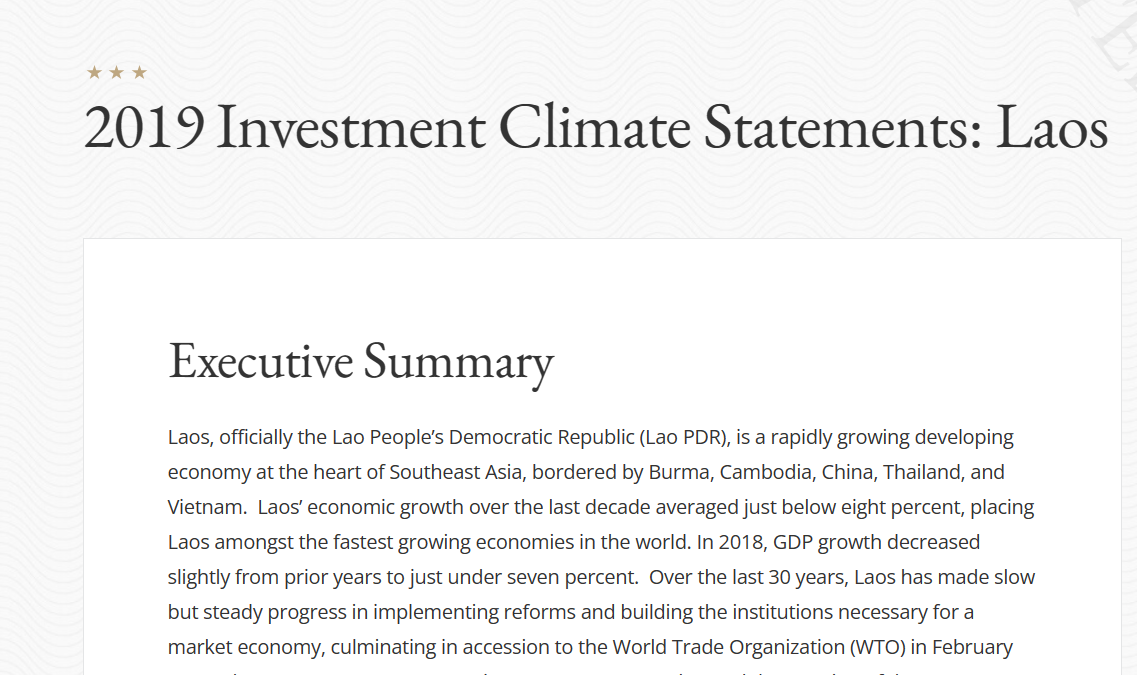Research and technologies to improve agricultural productivity while guaranteeing environmental sustainability in five crops uptaken by Green growth policy in Colombia implemented with US$74.5 million
In 2018, CCAFS and partners provided technical and policy recommendations on Land Productivity and Agricultural Performance for the Colombian Green Growth Policy. The government allocated US $74.5 million to implement actions that help to improve the agricultural sector's performance aiming for increasing by 3%, the agricultural production under green-growth criteria. The current National Development Plan focuses on sustainable agricultural activities that include climate-smart innovation options in line with green growth standards.






